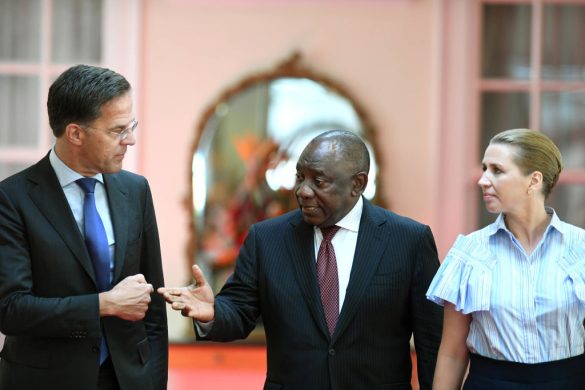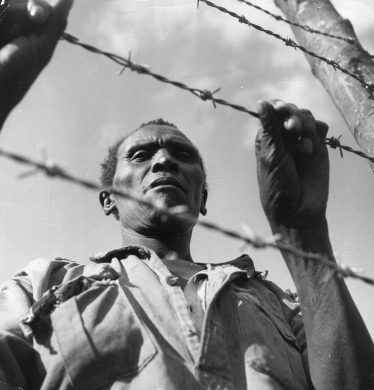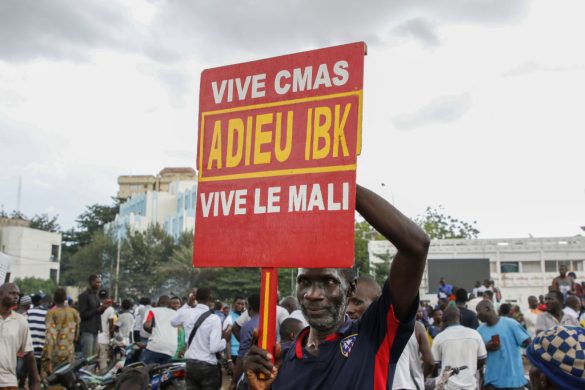Ny rapport om Swaziland fra menneskerettigheds-organisationen Freedom House går i dybden med knog Mswatis enevældige og undertrykkende styre i landet hvor 50 procent af de unge arbejdsløse og 80 procent af befolkningen dør før de bliver 40 år.
Freedom House issued a report today that details the devastating effects of King Mswati’s absolute rule on the people of Swaziland.
The report Swaziland: A Failed Feudal State documents the damage done to the lives of ordinary Swazis, the economy and the institutions of state through a combination of the royal family’s greed and the monarch’s insistence on putting himself above the law, says Freedom House in a press release on Tuesday.
The report is released three days before Swazis are due to go to the polls in elections that are widely expected to be neither free nor credible and that will elect representatives with no powers or say in the running the country.
“This report finds that Mswati not only rules over a kingdom where 50 percent of the youth are unemployed and 80 percent of people die before their 40th birthday,” said Daniel Calingaert, executive vice president of Freedom House.
“His government also denies citizens their basic rights through a ban on political parties, prohibition of peaceful gatherings and widespread use of the security forces to harass, arrest and torture dissidents.”
‘Swaziland: A Failed Feudal State’ examines the roots and consequences of the crisis in Swaziland and provides and in-depth analysis of the impending critical junctures for civil society.
The report reveals that a culture of greed and suspicion are deeply entrenched at the highest level of the royal family and that the occult has a surprisingly large influence over decision making in the kingdom.
The report also shows how Mswati is attempting to tighten his grip on power by drastically increasing security sector spending, while the democratic movement suffers from divisions within its own ranks that weaken its ability to oppose this increasingly oppressive regime.
“While the solution to Swaziland’s problems must be homegrown, foreign governments should follow the lead and support the efforts of civil society to bring about positive change in the country,” added Calingaert.
The report recommends that the democratic movement in Swaziland must continue to push for change by setting its own agenda, forming tactical alliances and not allowing Swaziland to become subject to a reform process ‘imposed’ by the Southern Africa Development Community (SADC) or other external actors.
The report concludes that civil society must also ensure that there is sufficient international attention brought to bear on the crisis in Swaziland.
Swaziland is rated Not Free in Freedom in the World 2013, Freedom House’s annual global survey of political rights and civil liberties, and Not Free in Freedom of the Press 2013.
Læs mere og download rapporten ”Swaziland: A Failed Feudal State” her: http://www.freedomhouse.org/report/special-reports/swaziland-failed-feudal-state















